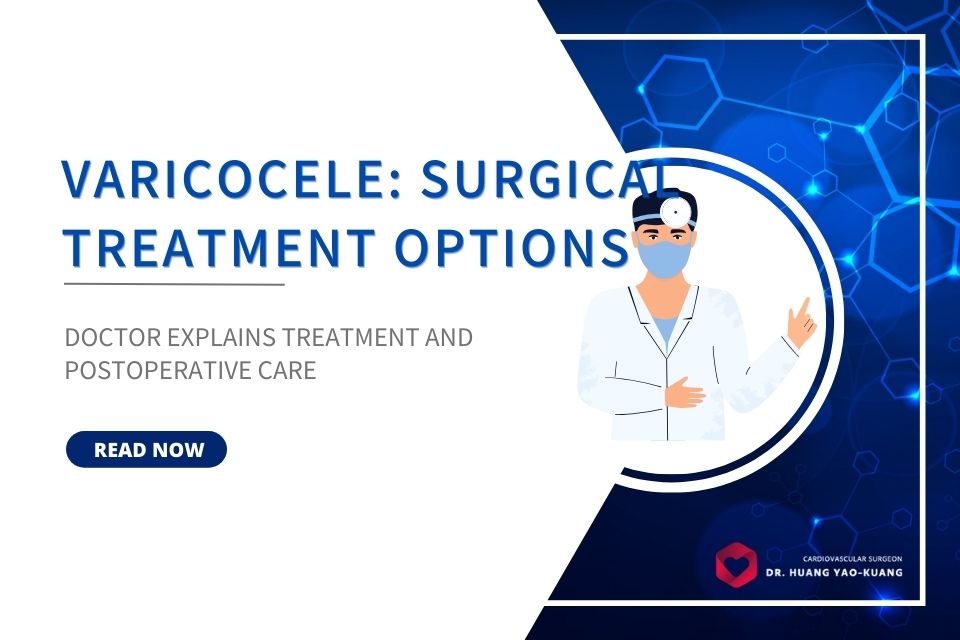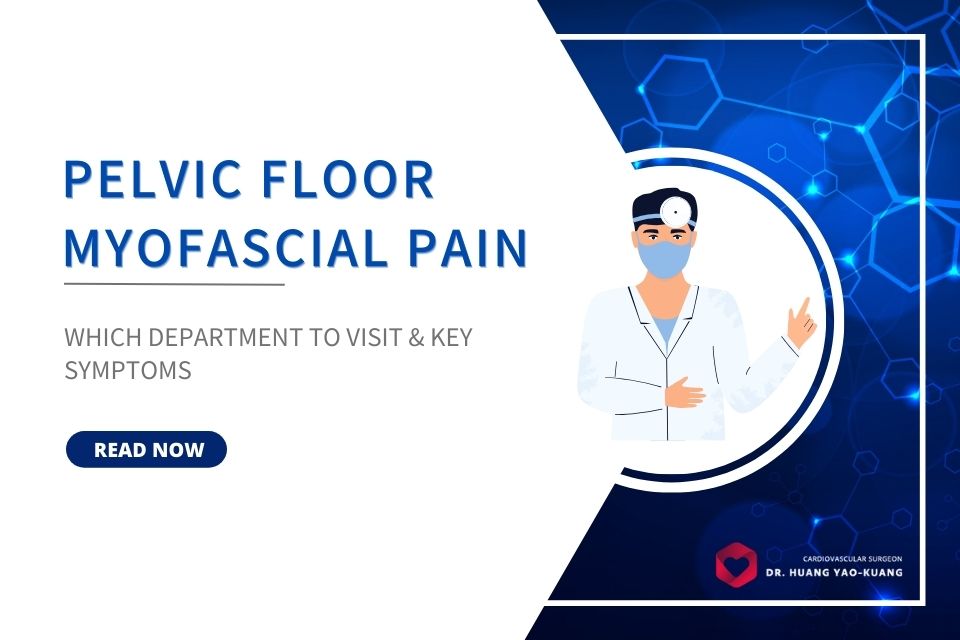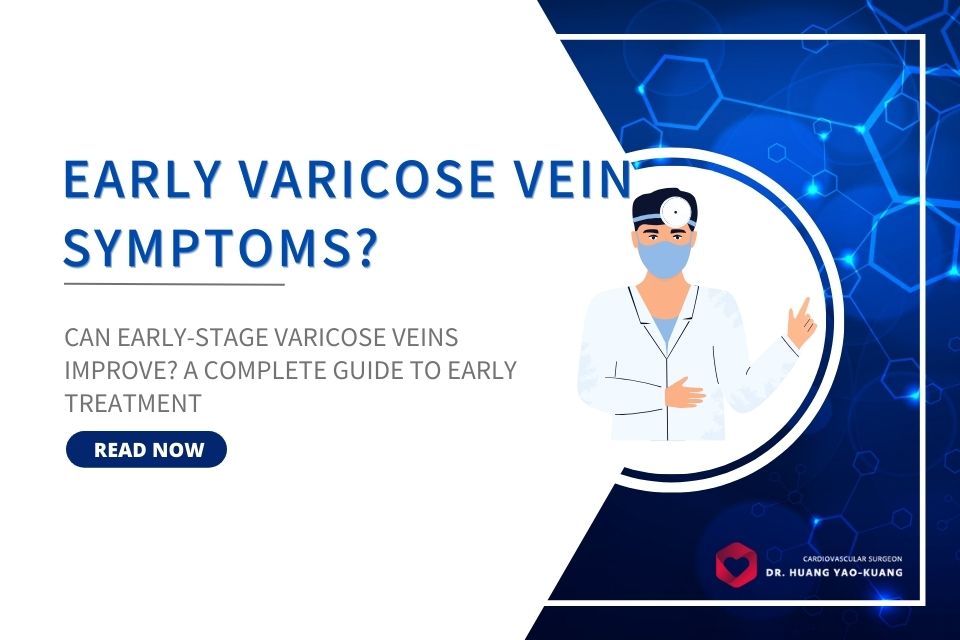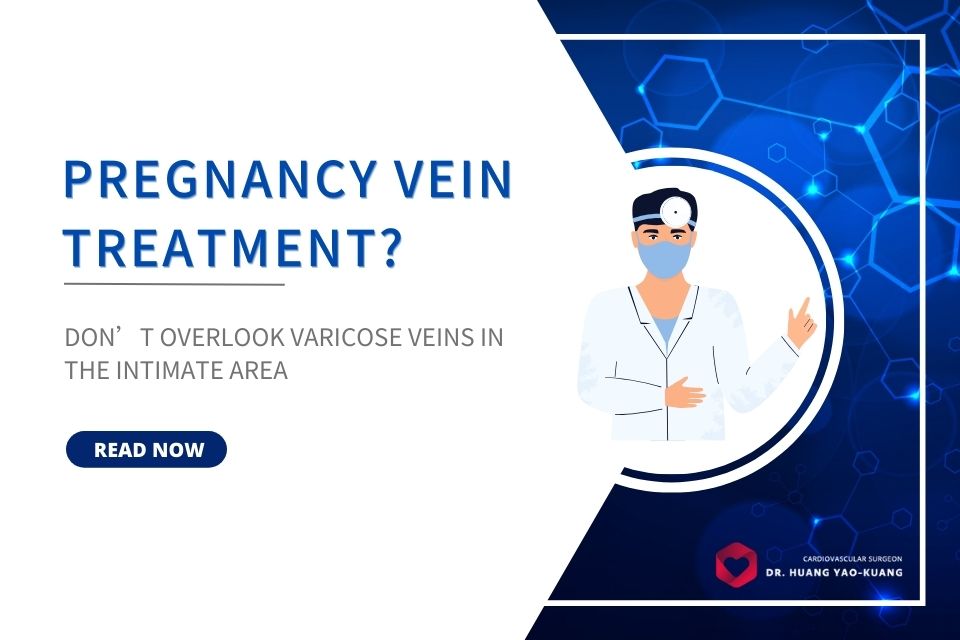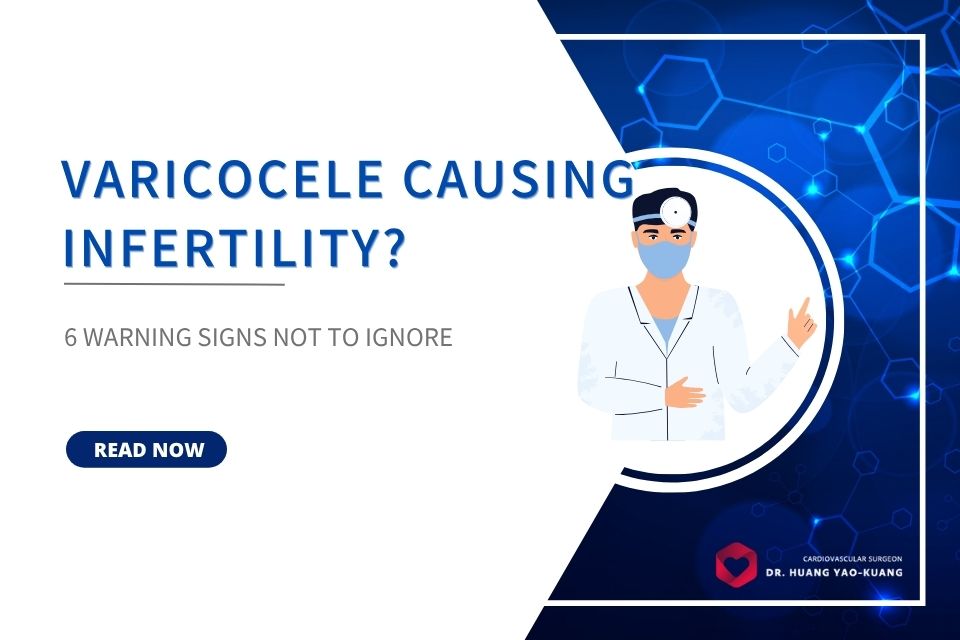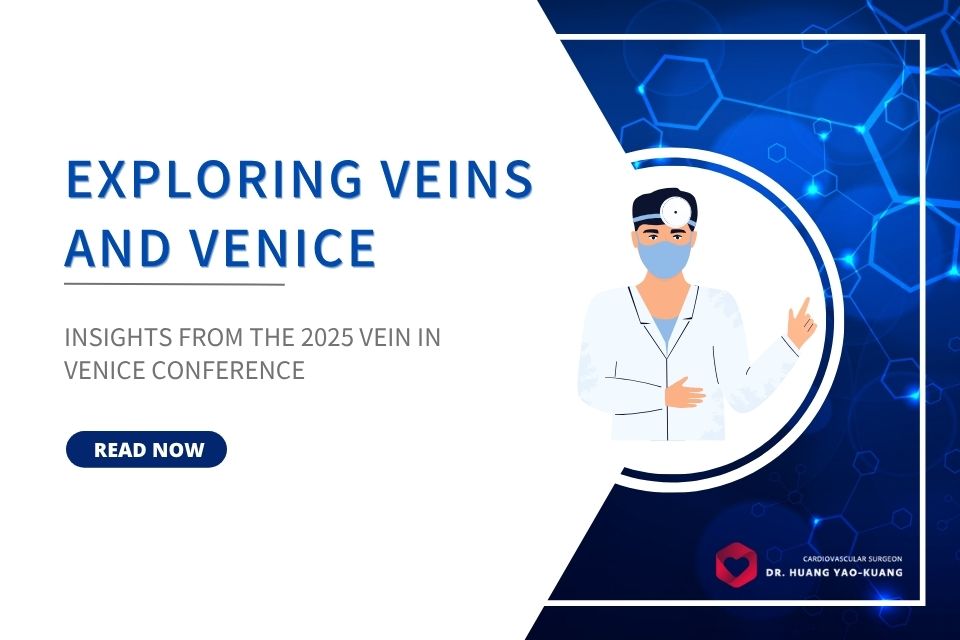Expert Varicose Vein Surgeon
Choose A Vein Specialist for Your Varicose Vein Care
Why Do Varicose Veins Happen?
Varicose veins develop from blood pooling in the legs. Early symptoms may be mild, but later stages can cause itching, pain, and discoloration.
How to Stop Varicose Veins from Getting Worse?
If you are experiencing varicose veins, schedule an appointment with Dr. Huang in the cardiovascular department.
Dr. Huang will diagnose your condition and develop a personalized treatment plan to help you regain control of your life and eliminate the discomfort and limitations caused by varicose veins.
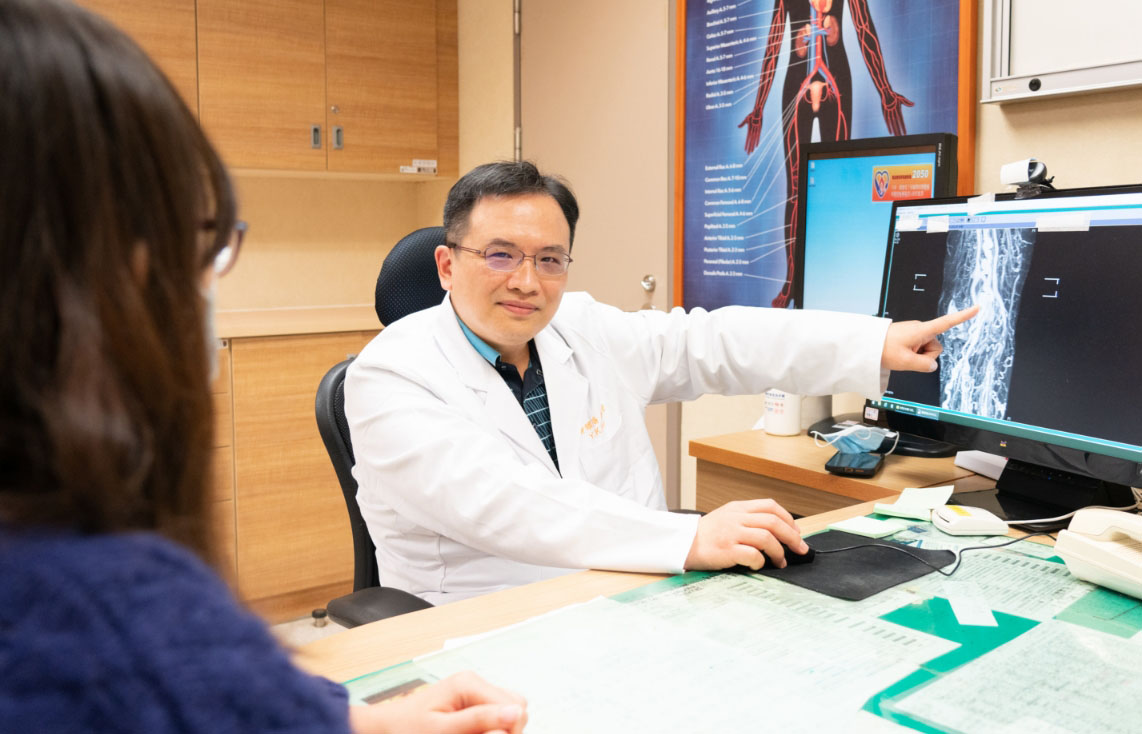
DR. Huang's Extensive Experience
- Chief of Cardiac Surgery at Chang Gung Memorial Hospital, Chiayi
- Subspecialty Director of Thoracic Surgery, Taiwan Society of Thoracic and Cardiovascular Surgery
- Subspecialty Director of Vascular Surgery, Taiwan Society of Vascular Surgery
Treatments for
Varicose Veins
SERVICE
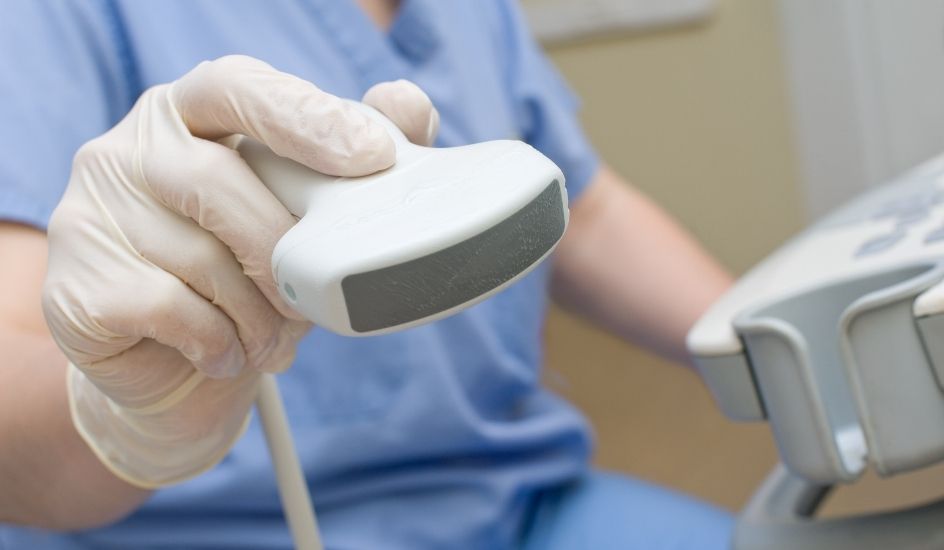
Echo-Guide SclerotherapyEcho-Guide
Ultrasound targets veins for injection, shrinking them.
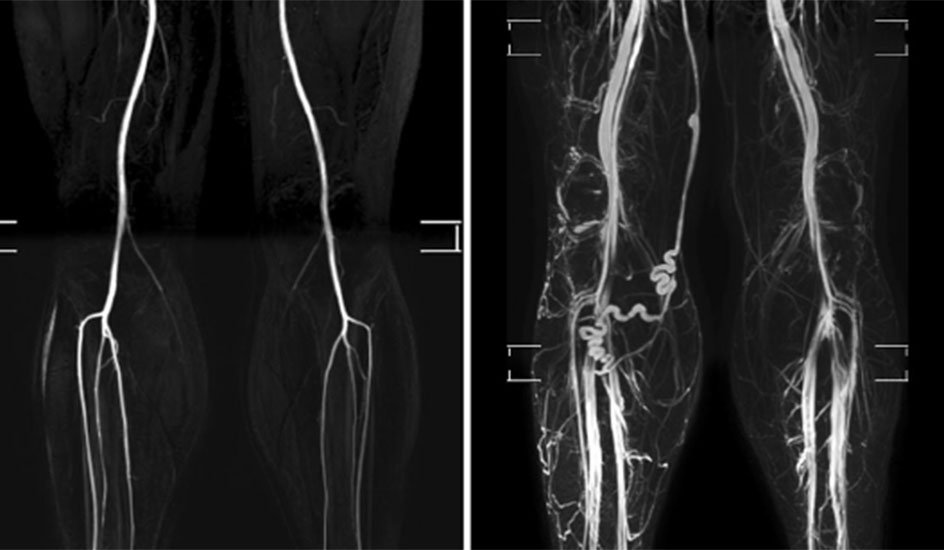
Whole-Body MRIMRI
Advanced scan reveals vein problems without radiation.
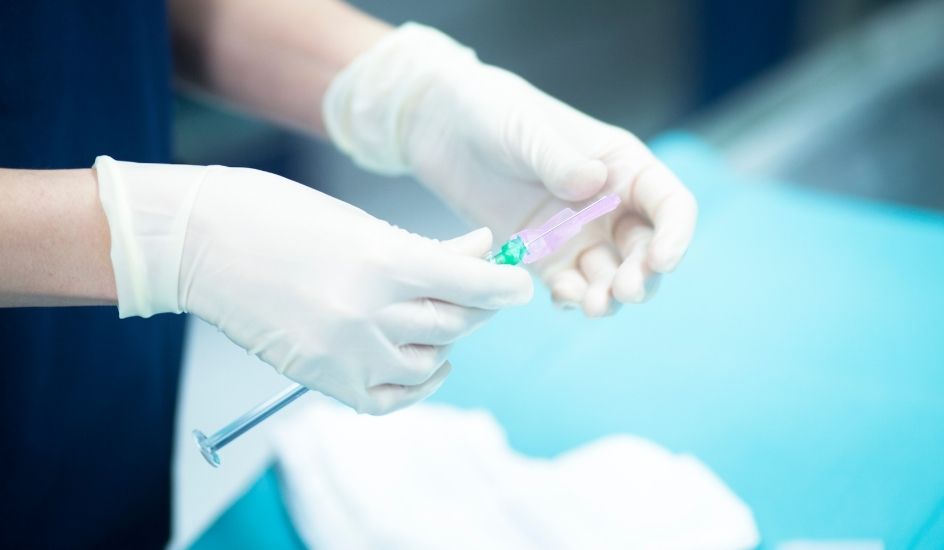
Minimally Invasive Varicose SurgeryMII
Small cuts, fast recovery, walk right after.
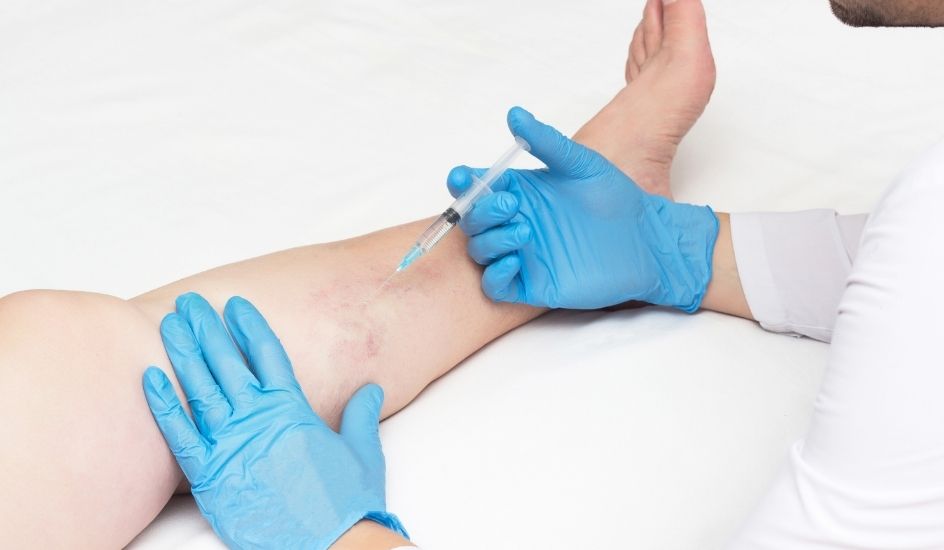
SclerotherapySclerotherapy
Injection shrinks mild varicose veins.
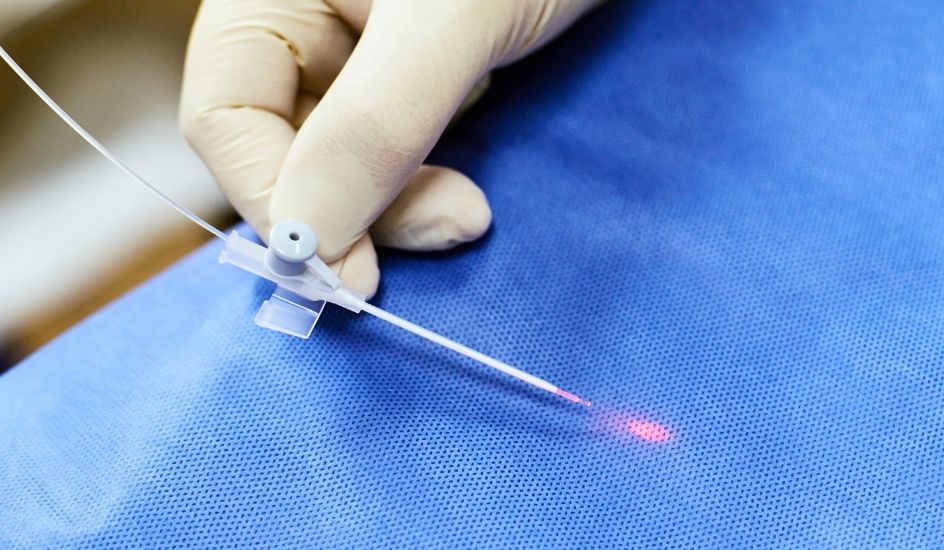
EVLT Laser TreatmentEVLT
Laser heats the vein wall, causing it to shrink, improves blood flow.
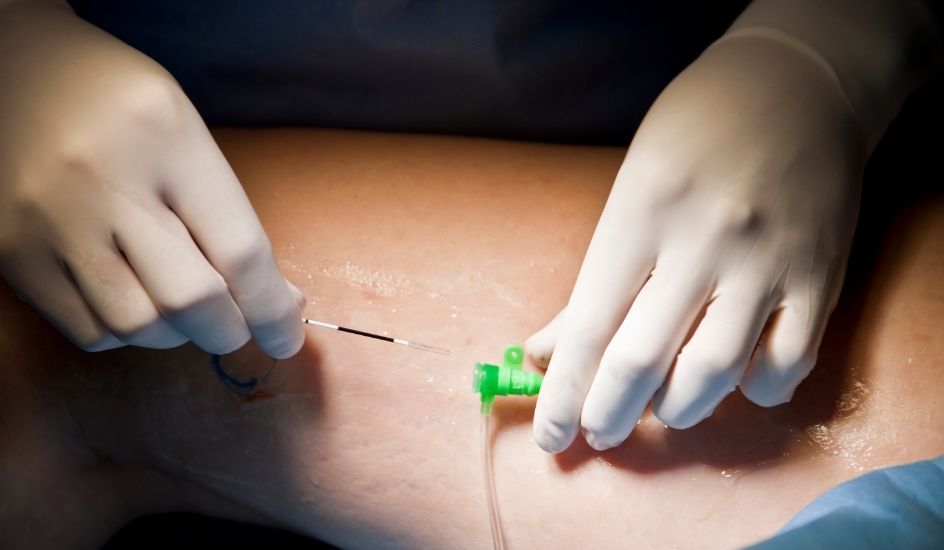
VenasealVenaseal
Medical glue seals veins without anesthesia or stockings.
OUR CASES
Is It Necessary to Remove Varicose Veins?
Is it okay to live with varicose veins? While there are numerous reasons to undergo varicose veins surgery, here are some common indicators that you might need varicose veins surgery:
-
Increasing Varicose Veins in Legs
-
Varicose Veins with Chronic Wounds
-
Varicose Veins with Recurring Infections/Cellulitis
-
Significant Swelling and Discomfort After Prolonged Standing
-
Bleeding from Varicose Veins
-
Severe Varicose Veins Affecting Appearance and Social Interactions
-
Recurrence of Varicose Veins Following Previous Treatment
-
Leg Cramps at Night
Increasing Varicose Veins in Legs
Varicose veins in legs can be caused by various factors, including prolonged standing, genetics, hormones, and age.
If you notice that your varicose veins are worsening, it's advisable to seek medical attention promptly to prevent further complications such as skin pigmentation and blood clots.
Varicose Veins with Chronic Wounds
The high pressure caused by varicose veins often leads to lower leg venous ulcers. These wounds are frequently complicated by arterial issues and infections, requiring meticulous debridement or endovascular procedures to facilitate healing.
Varicose Veins with Recurring Infections/Cellulitis
Recurring ulcers associated with varicose veins can potentially deteriorate into cellulitis.
If the condition worsens, antibiotics are typically used to control the infection. In cases of localized abscess formation, incision and drainage may be necessary. Once the infection is under control, treatment for the vein issue can proceed.
Significant Swelling and Discomfort in the Feet After Prolonged Standing
Prolonged standing or sitting can hinder venous return, causing blood to pool in the lower extremities and leading to swelling.
If this swelling persists, the veins can become distorted and deformed, causing the skin to turn purple or red and resulting in noticeable differences in leg circumference.
Bleeding from Varicose Veins
Excessive pressure within varicose veins can lead to skin necrosis and subsequent bleeding. Unlike arterial bleeding, this type of bleeding is difficult to control with pressure and usually requires emergency suturing.
If you experience bleeding from varicose veins, prompt scheduling of a venous surgery is recommended.
Severe Varicose Veins Affecting Appearance and Social Interactions
Untreated varicose veins can lead to skin pigmentation and discoloration, such as a noticeable darkening of a portion of the leg. This can be particularly apparent when wearing shorts and may negatively impact social life.
Recurrence of Varicose Veins Following Previous Treatment
While most people who undergo proper initial treatment for varicose veins achieve a cure and experience minimal recurrence, factors such as hormonal changes (e.g., pregnancy), inadequate post-operative care (e.g., not wearing medical compression stockings), or initial treatments that did not address the root cause can lead to relapse.
Leg Cramps at Night
Impaired venous valve function caused by varicose veins can affect appearance and lead to the accumulation of metabolic waste products like lactic acid in the leg muscles, causing muscle sensitivity and increased susceptibility to cramps.
These cramps often occur at night, disrupting sleep quality.
Surgical Procedure for Varicose Veins
-
 1
1Pre-operative Consultation
The doctor will conduct a physical examination, ultrasound, and other tests, and discuss the surgery details with you.
-
 2
2Surgery Preparation
The doctor will discuss the treatment options and the choice of anesthesia. The costs of different treatments will also be explained.
-
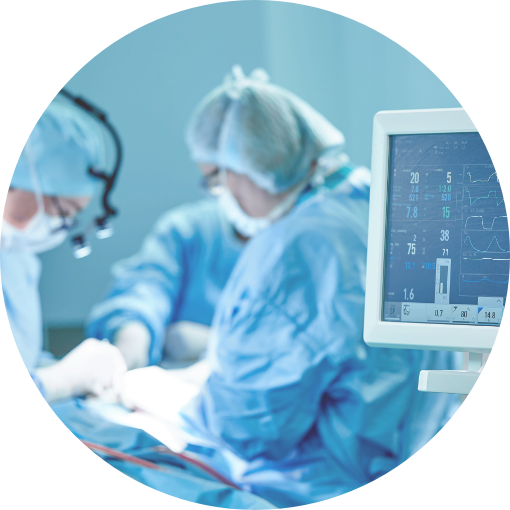 3
3Surgical Procedure
The appropriate surgical method will be chosen based on your condition. Before the surgery, pre-operative photos of both legs will be taken.
-
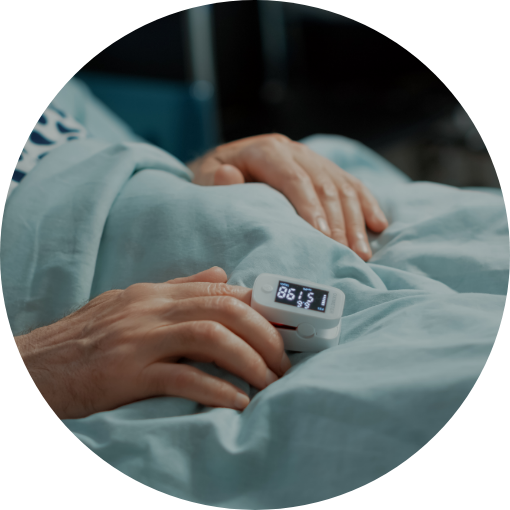 4
4Post-operative Recovery
Recovery is usually quick.For most varicose vein surgeries, patients can get out of bed and move around freely once the anesthesia wears off.
-
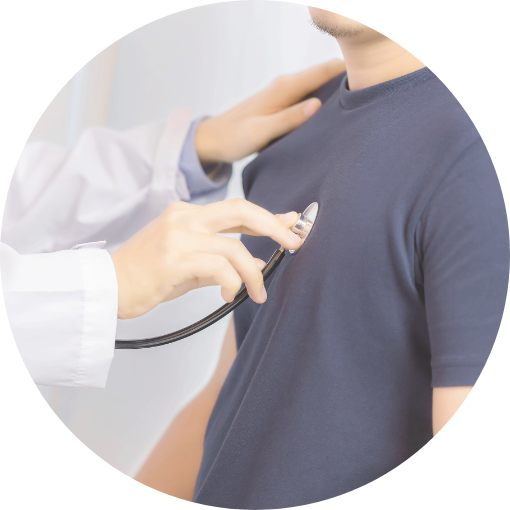 5
5Post-operative Care
Follow doctor's advice, wear compression socks, avoid standing/sitting long, quit smoking.
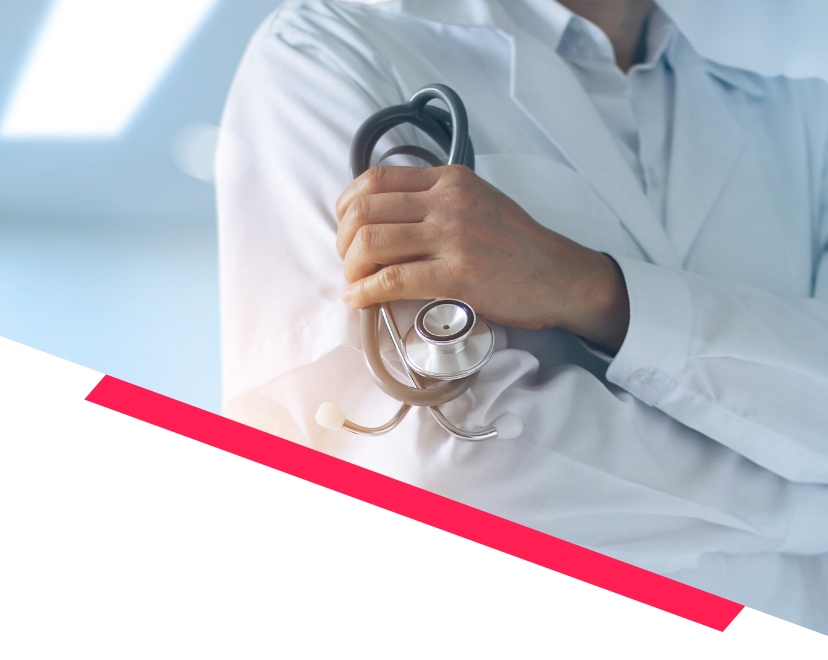
Varicose Veins FAQ
Is it worth getting varicose veins removed? Should I see a cardiologist for varicose veins? Here are some questions you might want to know:
Where can you see varicose veins?
Since varicose veins are closely related to the heart's blood flow, if you have varicose veins, you should consult the "Cardiovascular Department" to find the cause and receive treatment.
How to find a vein specialist near me?
Here are some Key considerations to find a vein specialist near you:
Experience: Look for specialists experienced in your specific condition.
Treatment Options: Ensure they offer a variety of treatment options.
Location: Choose a convenient location.
While proximity is a factor to consider, it's equally important to find a vein specialist who can effectively treat your varicose veins. Choosing a nearby clinic without adequate expertise may result in wasted time and money.
Therefore, we recommend considering the experienced and accomplished Dr. Huang.
How much do varicose vein treatments cost?
If it is a minimally invasive vein surgery, the main difference in cost is the medical devices. The cost of vein surgery is about NT$50,000 to NT$80,000.
How painful is varicose vein removal?
Varicose vein surgery is usually performed using minimally invasive techniques, resulting in smaller incisions and less pain.
If the lesion is more difficult or if the patient is particularly sensitive to pain, different anesthesia methods can be chosen.
How long does it take for a vein to heal after surgery?
If a sclerosing agent is used to treat varicose veins, the superficial veins will disappear immediately, and the pain in the feet after prolonged standing will improve in about two to four weeks.
The changes in vein wounds vary, and it takes several months for the wounds to heal after treatment.
Can I walk after varicose vein surgery?
Generally, patients can get out of bed on the same day of surgery.
How long do you have to rest after varicose vein surgery?
Traditional varicose vein surgery may require a hospital stay of 3-5 days, whereas minimally invasive varicose vein surgery typically does not require hospitalization. Patients can usually walk and go home on the same day of the procedure.
Can varicose veins be removed permanently?
While the visible varicose veins themselves can be permanently treated, new ones may develop over time, especially if the underlying cause is not addressed.
With a well-planned minimally invasive varicose vein surgery, optimal results can be achieved. However, lifestyle modifications are still essential to reduce the recurrence of varicose veins.
Can you make varicose veins go away without surgery?
Local sclerotherapy injections, topical medications, oral medications, and physical therapy are all non-surgical treatment methods for varicose veins.
The choice of treatment depends on the type of lesion and the patient's physical condition.
What not to do after varicose vein surgery?
After varicose vein surgery, it is best to develop the habit of wearing compression stockings. Pay attention to protecting and keeping the feet warm, and avoid injuries that may cause wounds.
In addition, after varicose vein surgery, you should engage in appropriate activities and avoid prolonged sitting or standing. If your feet are red, swollen, hot, painful, or have any discharge, please seek medical attention immediately.
What happens if varicose veins cause blood clots?
Damaged blood vessels can produce venous thrombosis. Superficial vein thrombosis will cause redness and pain, while deep vein thrombosis should be especially careful to check for undetected malignant diseases or pulmonary embolism.
What should be paid attention to after treating varicose veins with venous wounds?
Minimally invasive surgery to treat chronic wounds caused by varicose veins may sometimes cause new wounds near the old wounds. These shallow new wounds usually disappear after two weeks. If they do not disappear, consult your doctor.
Are there any side effects of varicose veins surgery?
A small number of patients experience short-term side effects such as wound infection and numbness in the lower leg skin after surgery.
What Is the Best Surgery for Varicose Veins?
Professional Advantages
Experienced Surgical Team
Stable surgical team and staff.
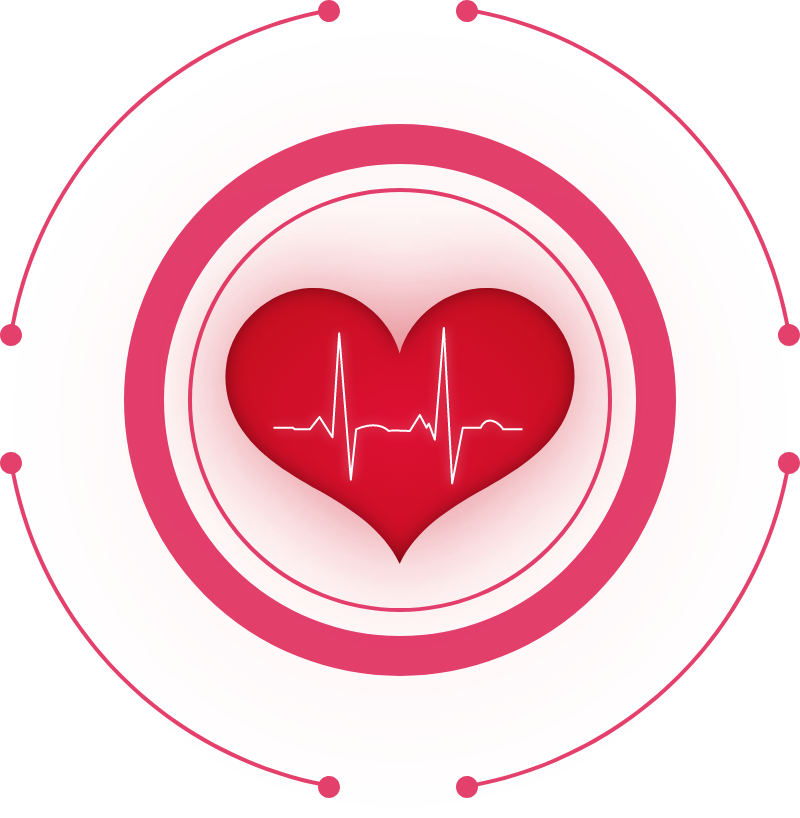
Whole-leg Magnetic Resonance Imaging
Non-toxic examination to determine if lesions are suitable for intervention.
Pre-operative Anesthesia Evaluation
Anesthesiologists will determine different anesthesia methods based on pain conditions and systemic comorbidities (such as hypertension, heart disease, and sensitive constitution).
High-resolution Ultrasound Assists Surgery
High-resolution ultrasound technology (Siemens ACUSON S3000) ensures a smoother surgical process.
Eliminate Pelvic Complications
Whole-leg magnetic resonance imaging can effectively rule out pelvic complications, reducing unnecessary complications.
Localized Services
Reasonable fees and convenient follow-up visits. Chiayi Chang Gung Memorial Hospital is trusted and recommended by patients.
MedicalNews
Different Types of Varicose Veins
Varicose veins in different locations have different implications:
- Varicose veins in the superficial veins of the lower extremities can cause foot swelling, pain, and skin discoloration and necrosis, known as "varicose veins in feet".
- Varicose veins in the genital veins of males result in a cluster of dilated veins in the scrotum (often described as a "bag of worms"), affecting appearance and leading to male infertility. This is known as "varicocele".
- "Pelvic congestion" refers to varicose veins in the pelvic cavity that cause chronic pain in women.
- Varicose veins near the anus are commonly known as "hemorrhoids".
- Patients with cirrhosis often develop "esophageal varices".
